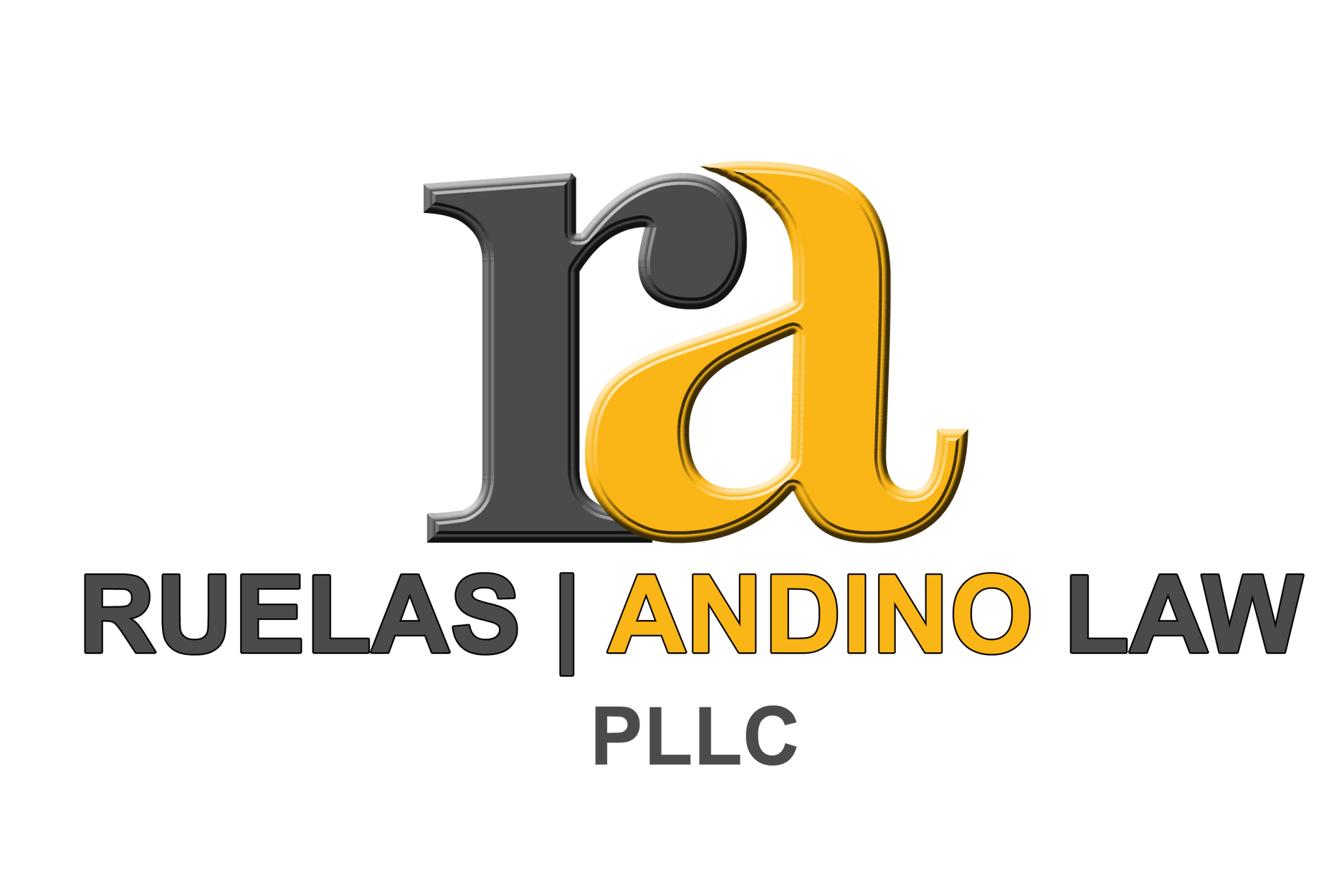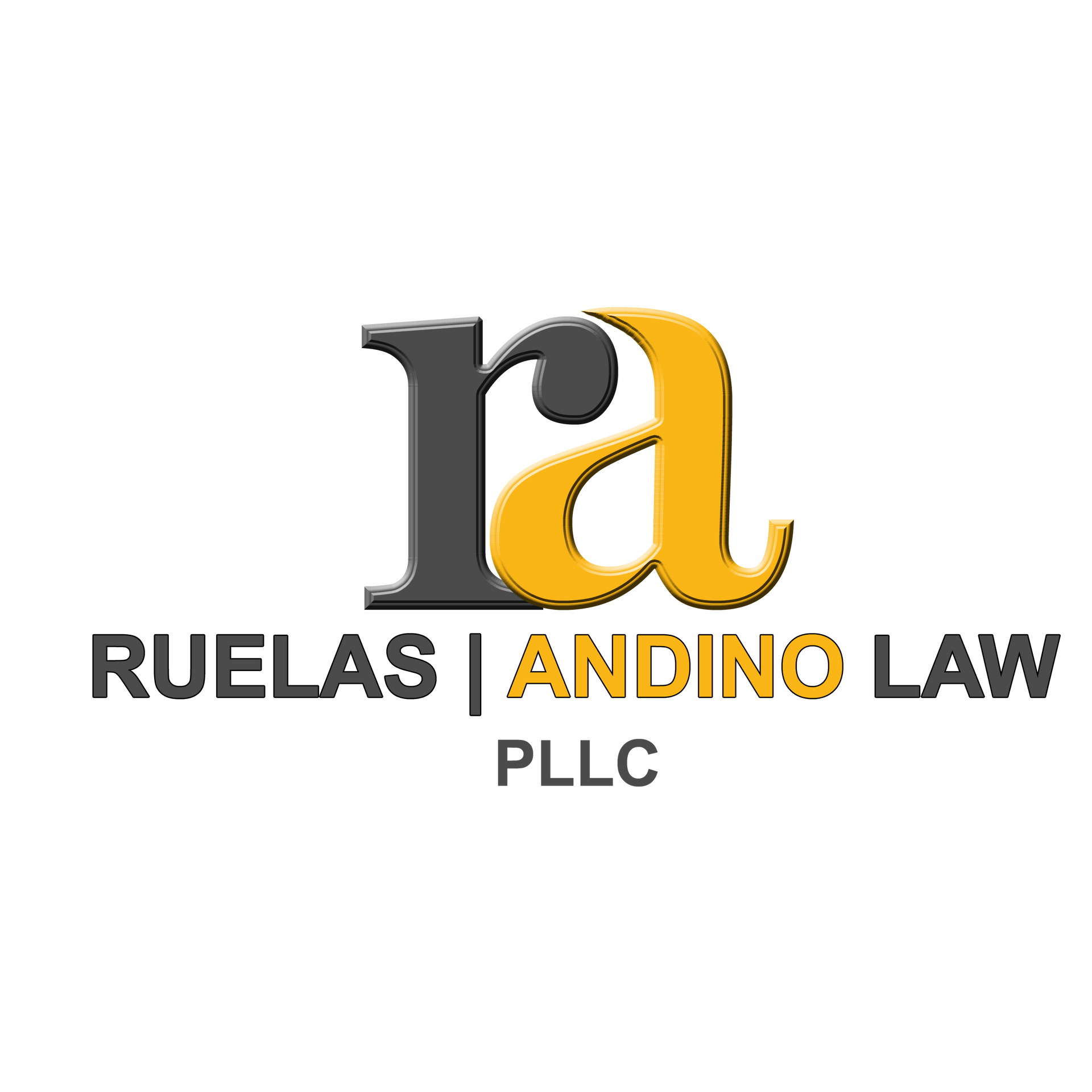Since receiving her license in 2017, Jennifer has been serving clients in Parker County and surrounding counties in the areas of Estate Planning, Probate, Guardianship, Business Entity Formation/Asset Protection, and Real Estate Law. She is passionate about risk mitigation and justice and strives to serve each of her clients with integrity and dedication to achieving her client's goals.
A 10-Step Guide to Estate Planning in Texas
From a financial perspective, Texas has relatively forgiving laws regarding the bequeathal of assets, imposing no inheritance or estate taxes. Don't let that fool you into thinking it's not worth putting in the work to plan your estate, nor should you assume the process is always simple.
What Is Estate Planning?
Estate planning is about more than just drafting a last will and testament. The process encompasses all elements of end-of-life planning, from asset protection to advanced medical directives.
Effective estate planning helps to ensure that your wishes are respected following death or permanent incapacitation. The process typically requires drafting multiple documents assigning beneficiaries and fiduciaries and clarifying any potential points of conflict to avoid issues during probate.
Texas Estate Planning Checklist
To be clear, you'll need the help of an estate planning attorney to complete many of the steps necessary to protect your assets and ensure that your end-of-life decisions are respected. That said, you can start the process on your own, completing the earlier steps before consulting an attorney. If you find yourself at an impasse, though, don't hesitate to call for legal advice.
1. Inventory Your Tangible & Intangible Assets
The first step toward effectively planning an estate is to create a comprehensive list of all your assets. This list should go beyond the obvious to include not just real estate, valuable jewelry, and bank accounts, but also other tangible items such as high-value vehicles, electronics, art, collectibles, and other goods. You should also include documentation of non-physical assets like insurance policies and annuities.
2. Make a List of Your Debts
Once you have a comprehensive list of assets, it's time to document outstanding debts. This list should include mortgages and auto loans, credit cards, and any other open lines of credit or debts. Be sure to include account numbers and contact information for debt holders.
3. Identify Your Beneficiaries
Named beneficiaries are the people or entities designated to receive tangible or intangible assets, in this case, as part of an inheritance. You can designate beneficiaries for all financial assets, including insurance policies, bank accounts, retirement accounts, real property, and vehicles.
4. Meet With Your CPA or Financial Planner
Meeting with a financial planner at this stage can make it easier to review and optimize your earnings, consolidate accounts, and consider additional savings vehicles. If you want to take more advanced steps like setting up revocable or irrevocable trusts, it's best to consult any attorney well-versed in Texas probate law.
5. Define Your Estate Planning Goals
Everyone should take the time to define their estate planning goals, regardless of their life circumstances. Yours may include ensuring your property is passed on to your beneficiaries, avoiding family disputes, or providing financial security for loved ones.
6. Determine Who Your Fiduciaries Are
Fiduciaries are people who manage you, your money or your property. Yours might include:
● Guardian of your children
● Guardian of you
● Medical Power of Attorney
● Financial Power of Attorney
● Trustees
● Executors
These individuals are legally bound to manage you or your assets for your benefit, not theirs. However, you should still exercise caution in naming fiduciaries and choose people you trust to respect your wishes.
7. Meet With an Attorney to Develop an Estate Plan That Meets Your Goals
You can handle some aspects of estate planning yourself or with the help of a financial advisor. However, when it comes to developing and finalizing an estate plan and drafting legal documents, it’s strongly recommended to hire an attorney. Estate planning attorneys can help with:
● Establishing legal directives
● Drafting a last will and testament
● Naming a beneficiary in a Transfer On Death (TOD) deed
● Creating a living will
● Establishing medical directives
● Assigning powers of attorney (POA)
● Establishing a trust
● Forming a family limited partnership
● Understanding business entity and asset protection
Hiring an attorney to explain legal options and draft essential documents can offer protection against a contested probate process. Your beneficiaries will have an easier time proving the validity of any documents regarding the estate if they've been drafted by an attorney.
8. Execute Your Plan
Once you've completed the complex process of planning an estate, there's just one immediate step left. It's time to execute your plan, which might require you to:
● Sign documents
● Fund trusts
● Transfer assets
● Update beneficiary designations
Don't be afraid to ask for help from your attorney or financial planner. Estate planning is a complex field, and most people have questions. You should have a clear idea of how all end-of-life affairs will be handled before signing any documents or transferring money and other assets.
9. Periodic Review to Keep Current
The hardest part of estate planning is doing all the leg work during the initial process. Since the point of estate planning is to get everything in order before the end of your life, those plans can change. Plan to review your documents after any major event, but remember that your wishes can also change from year to year in the absence of marriages, divorces, and children being born. Most experts recommend a yearly review.
10. Sit Back and Relax, Your Affairs Are Now in Order!
Now that you have a plan in place for how your estate will be managed, you can rest easy knowing that everything is in order. Your assets will be protected and your wishes respected, regardless of what the future holds.
What Happens Without Estate Planning in Texas?
Without any estate planning, Texas law will assign heirs based on blood relationships. They will not include friends, unmarried significant others, stepchildren, or grandchildren with living parents. The probate process for those who die intestate is long and expensive since it requires substantial court involvement.
The Importance of Hiring an Attorney
The estate planning process is anything but simple. Even in a state like Texas that eschews inheritance taxes, it can take some extra work to keep your accounts and assets fully intact for any beneficiaries. To complicate matters further, an improperly drafted will can be ruled invalid during probate, generating unnecessary family conflict and jeopardizing your plans. Hiring an estate planning attorney will help you avoid all of those issues.
Disclaimer:
Ruelas Andino Law, PLLC makes no claims as to the accuracy of the information contained within the external links in this blog article nor does it endorse any of the businesses contained in the links. Information contained in this blog is for informational purposes only and may not be construed as legal advice.



